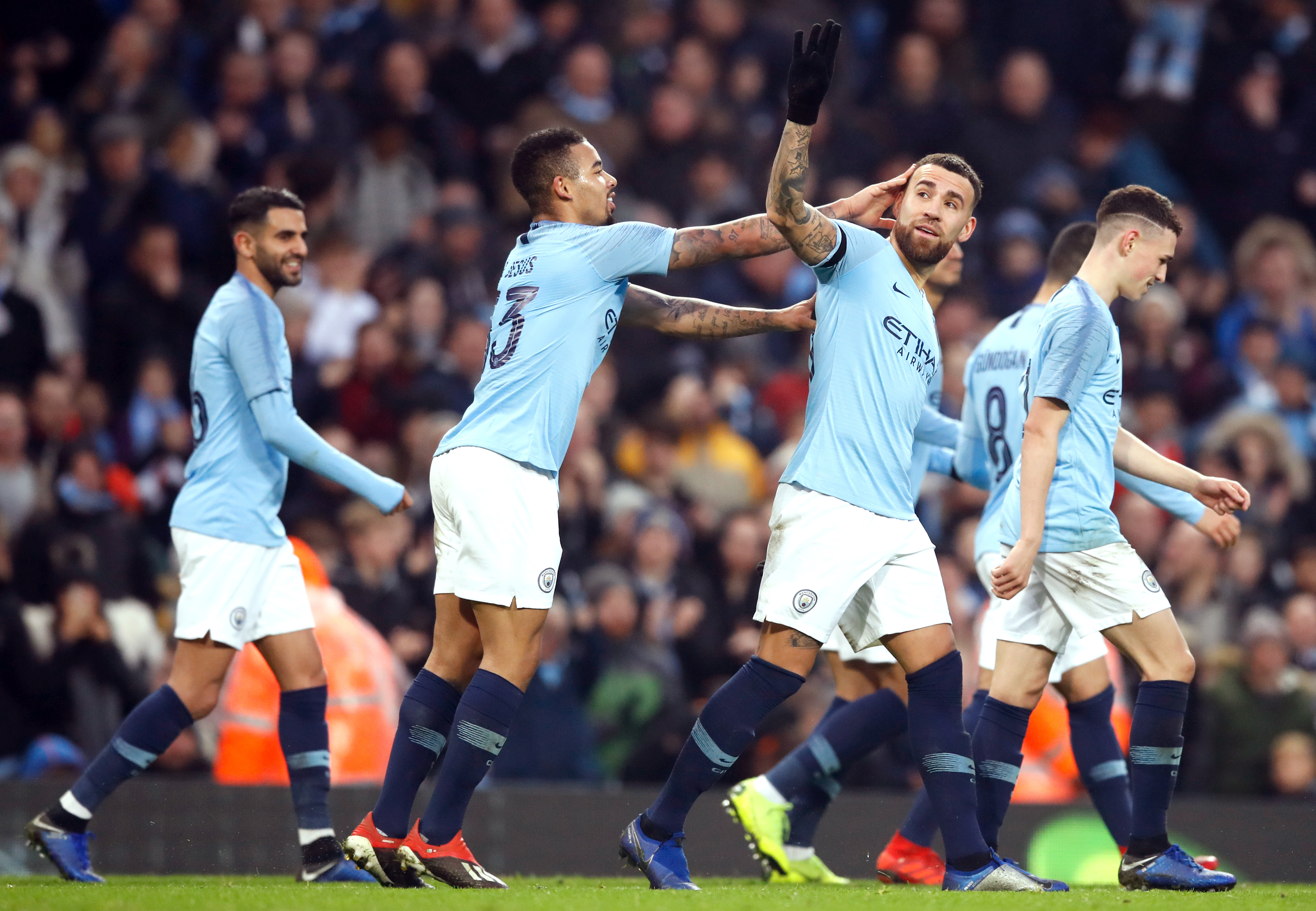
WINNING the FA Cup used to be considered an honour.
Now, even battling through to the final is seen as a pain in the backside by top clubs.
That’s a sad state of affairs for a tournament I used to absolutely love playing in.
But it’s no surprise.
There’s simply no incentive for the biggest clubs to prioritise winning the trophy.
Why? Because it’s all about money.
The team that lifts the FA Cup in May will collect £3.6 million as a financial reward.
Contrast that with the team that finished bottom of the Premier League last season – West Brom.
They pocketed almost £95m for their efforts.
There’s just no comparison. So is it any wonder the Premier League clubs generally don’t start trying a leg until the latter stages?
Manchester City have been an exception under Pep Guardiola.
That’s part of the reason I like the guy so much. He respects every tournament, every opponent.
Just ask Rotherham United – who got done 7-0 at the Etihad in the FA Cup last weekend – or Burton Albion, who took a 9-0 Carabao Cup pasting in midweek – if you don’t believe me.
But Guardiola is pretty much alone among the top Premier League managers in putting out near-to-full-strength teams in FA Cup ties.
Most of them don’t care. Simple as that.
Manchester United started the demise of the competition when they put the prestige – and cash – of the FIFA World Club Championship ahead of the FA Cup back in 1999.
It was dressed up as a means of helping England’s bid to stage the 2006 World Cup, but it damaged the FA Cup for ever.
So how on earth can the FA go about saving what used to be their flagship tournament?
The truth is, I don’t think they can without a huge amount of help from UEFA.
The only thing that will fully reignite the top clubs’ interest in the FA Cup is chucking a Champions League place in for the winner.
Believe me, that would get the Premier League sides running themselves into the ground right from the start.
Chelsea and Arsenal missed out on the Champions League last season, for goodness’ sake. Then there’s the likes of Everton, Newcastle, West Ham and Leicester, who’d bite your hand off for even one year of Champions League cash.
Beyond that, what about sleeping giants such as Aston Villa, Leeds United and Sheffield Wednesday? You could even dip into League One, where Sunderland and Portsmouth are desperately trying to climb back up the ladder.
At the moment, however, even those teams will treat the FA Cup like an afterthought.
Again, that’s because money rules – and they need to get back to the Premier League to claim their share.
But give them a Champions League incentive and they would change their approach overnight.
As it stands, the winners qualify for the Europa League group stages.
But as with the FA Cup itself, the top clubs in England aren’t interested in the Europa League.
That’s a consolation prize at best.
In fact, some of them see it as a pain in the backside, a tournament that does nothing other than hamper their Premier League chances.
The Champions League, with its global profile and huge financial pot, is seen very differently.
Unfortunately for the FA, I can’t see the Premier League or UEFA playing ball any time soon as far as the FA Cup goes.
So as it stands, I think they’ve got an incredibly tough job on their hands to make the grand old tournament of English football as prestigious as it once was.
In fact, sadly, it might even be impossible.

Enjoy the convenience of having The Sunday Post delivered as a digital ePaper straight to your smartphone, tablet or computer.
Subscribe for only £5.49 a month and enjoy all the benefits of the printed paper as a digital replica.
Subscribe